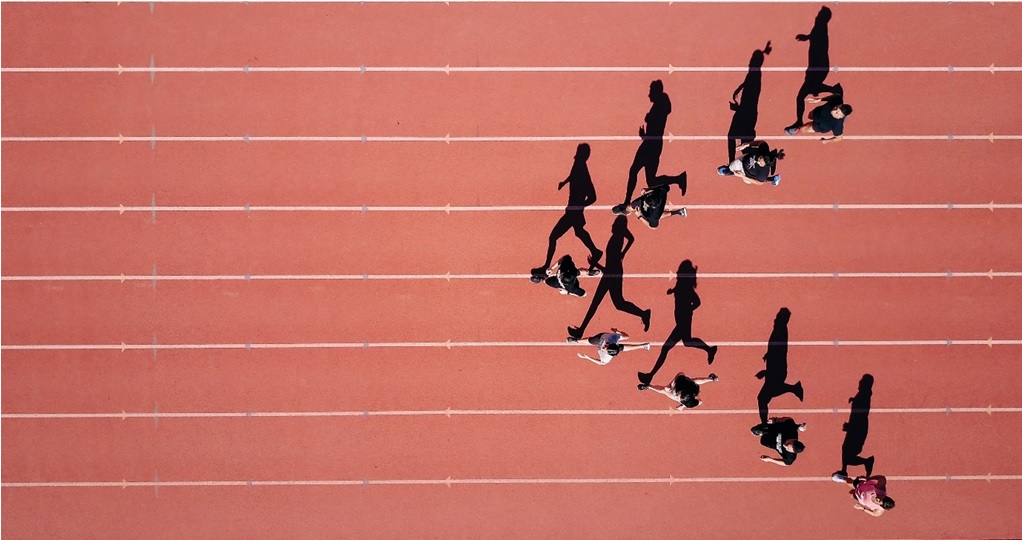Surya Gabriel Iacono Explains the Serious Athletes Benefit from Sports Psychology

Most of us concentrate on fitting in training and honing our form. Even world-class athletes appear to focus mainly on discipline and physical training. However, they also recognise the importance of keeping their mental state in check. To achieve success, whether you’re an athlete going for gold or focusing on another goal, it’s important to also focus on your emotional needs.
This is where sports psychology comes in. By helping athletes to address their emotional needs, as well as the physical, sports psychologists boost their performance.
Why is sports psychology important?
Today, it’s widely recognised that mental training is as important as the physical for elite athletes. And it can also help anyone who is striving towards a goal in their day to day life.
For example, adding in some mindful meditation to your daily workout can boost your mental faculties. This has recently become very popular, and there is good reason for that. A mix of meditation and yoga is proven to help with stress management and improve resilience.
Origins of sports psychology
The first recorded move to link athletic performance with the mental state of athletes was in the 1920s. Dedicated sports psychologists began to emerge in countries like the United States, Russia and Germany.
Dr Coleman R Griffith is considered by many to be the founder of modern sports psychology. He taught courses at the University of Illinois in the 1920s and authored two books called The Psychology of Coaching and The Psychology of Athletics in the same decade.
Today, sports psychologists are routinely engaged by most professional teams and athletes. Increasingly, amateur athletes and routine gym-goers who want to get the most out of their training are also using its tenets.
Areas of importance in sports psychology
Sports psychology is a changing and growing field. However, there are some established areas to focus on, which treat three major aspects of mental training:
-
Enhancing athletic performance
Techniques such as mental rehearsal and visualisation have been used for decades to improve performance. These practices help athletes to prepare for any eventuality and visualise ways they will deal with challenges along the way. The idea is to visualise the perfect race, match or game. This leads to a boost in self-confidence and athletic competence.
There are some studies that suggest visualisation can even result in athletes gaining measurable strength. Creating a positive mental attitude and using positive self-talk are other tools used to train mental skills.
-
Improving resilience and recovering from injury
Sports psychologists also make an impact on the sportsperson when it comes to overcoming setbacks or injury. It’s easy for even top athletes to give in to despair in the face of injury. This leads to depression, isolation and withdrawal. By teaching athletes how to use their mental skills to cope with injury, sports psychologists can help facilitate physical healing too.
-
Boosting motivation and easing emotional stress
All athletes and gym-goers will hit times where they lack motivation, feel tired and just don’t want to train. This can sometimes indicate a deeper problem. Qualified sports psychologists can go a long way to helping an athlete rediscover their motivation. They do this by exploring the heart of the problem. It could be that the athlete is overtraining, but it could also be that they are dealing with external emotional stress that’s affecting performance.
What defines a sports psychologist?
A sports psychologist is a specific practitioner. They work with sportspeople, athletes and anyone who is training. Their aim is to improve the mental wellbeing of their patient in order to improve athletic performance.
Lots of athletes benefit from working with a sports psychologist and can find their performance improves drastically. Some practitioners of this type work only with professional athletes one on one. Others work with professional sports teams, while still others work with amateurs, children or anyone who is hitting a wall in their training programme.
Qualified sports psychologists require practical and academic credentials to practice. Many hold a top-level advanced degree, such as a PhD in Psychology, while others hold Masters’ degrees.
Some personal trainers also work within sports psychology. The idea of helping their clients manage their stress and emotional wellbeing in order to improve their training is increasingly common.
About Surya Gabriel Iacono
Surya Gabriel Iacono is a fitness and wellness expert and blogger based in London, UK. Surya’s fitness blogs are aimed at keen gym-goers and exercise fans already well into their journey and looking for tips, tricks and ideas to take it to the next level.